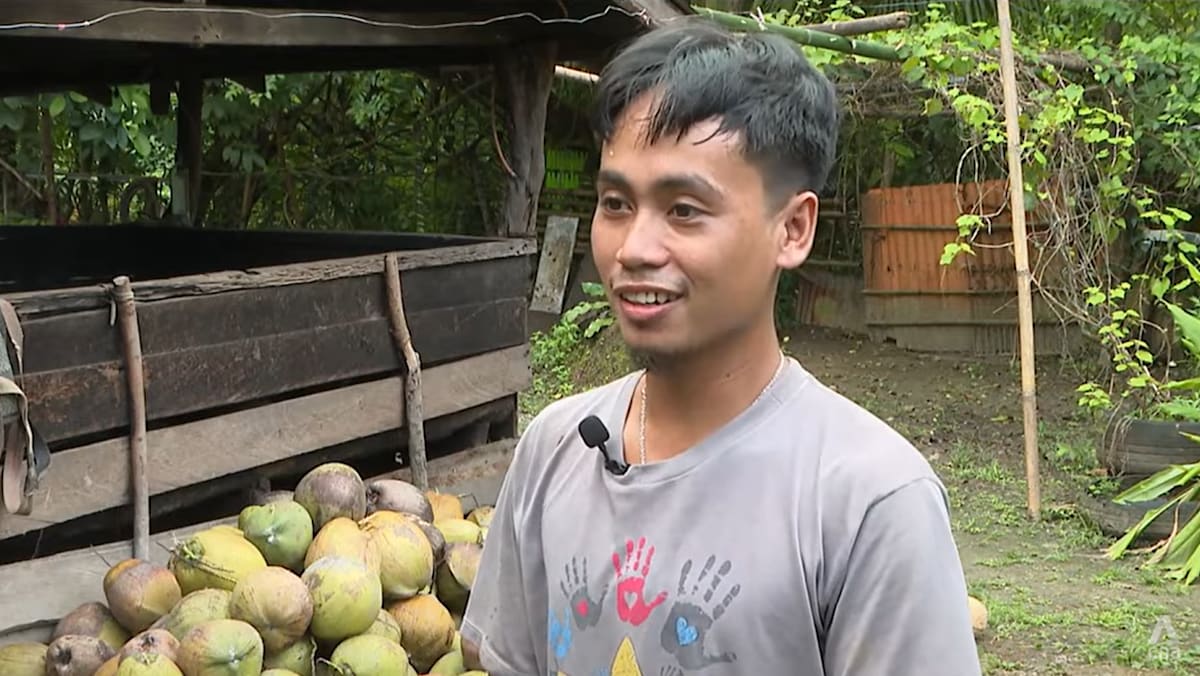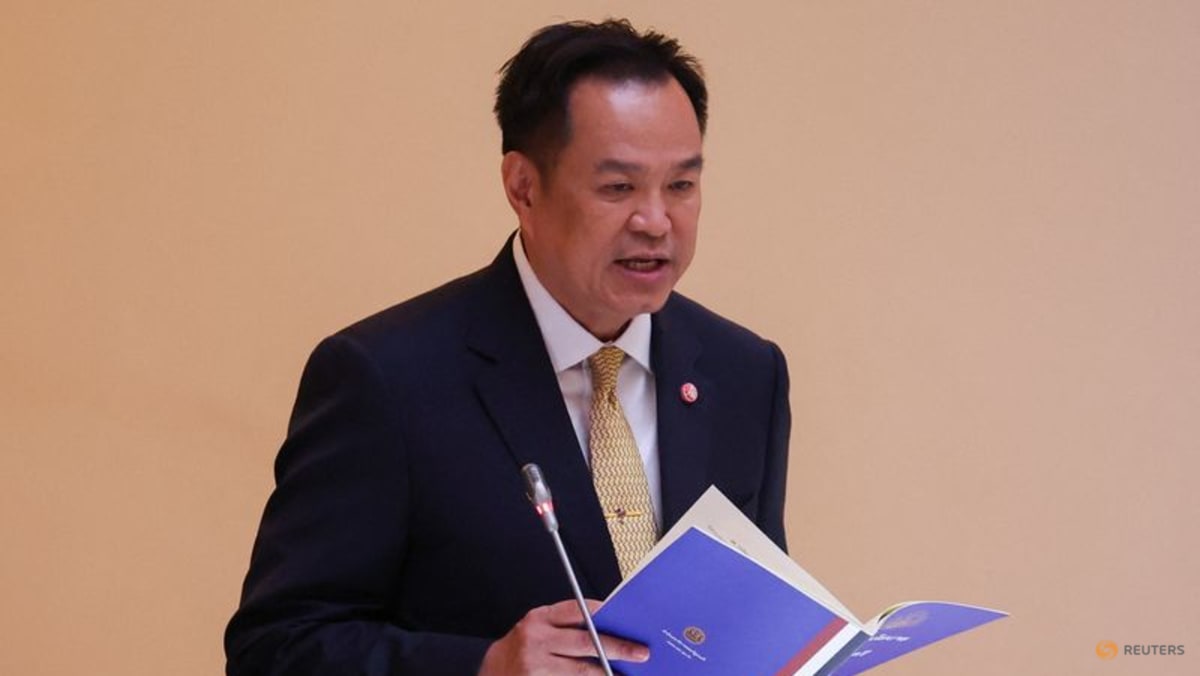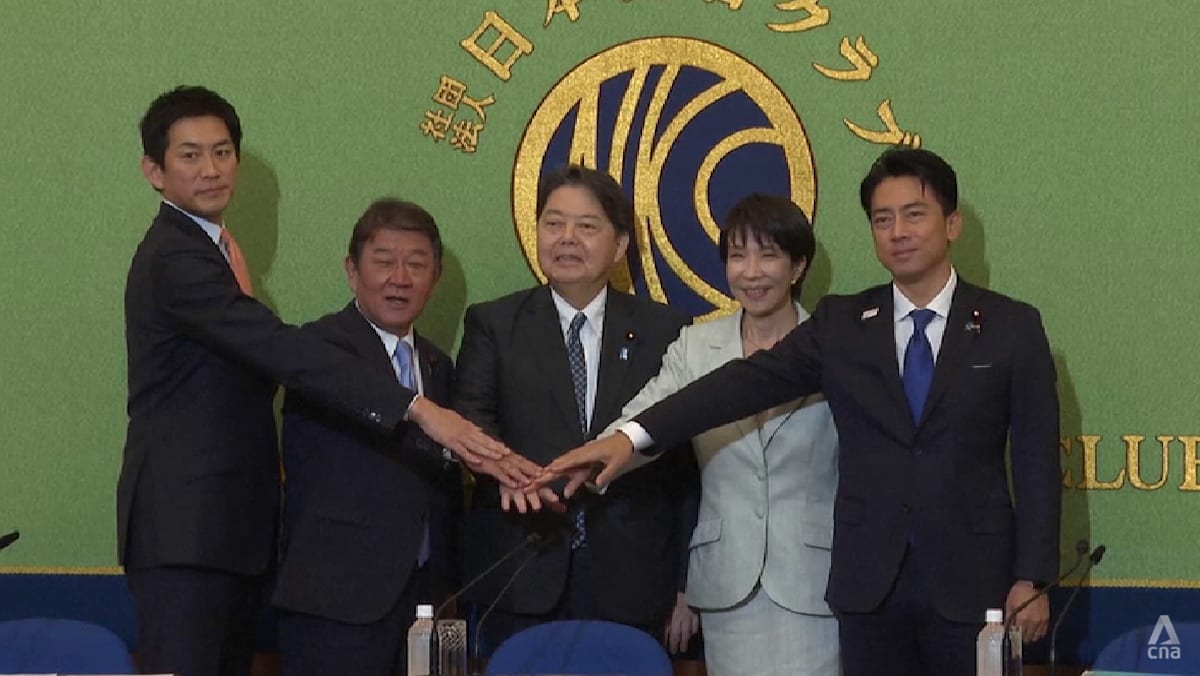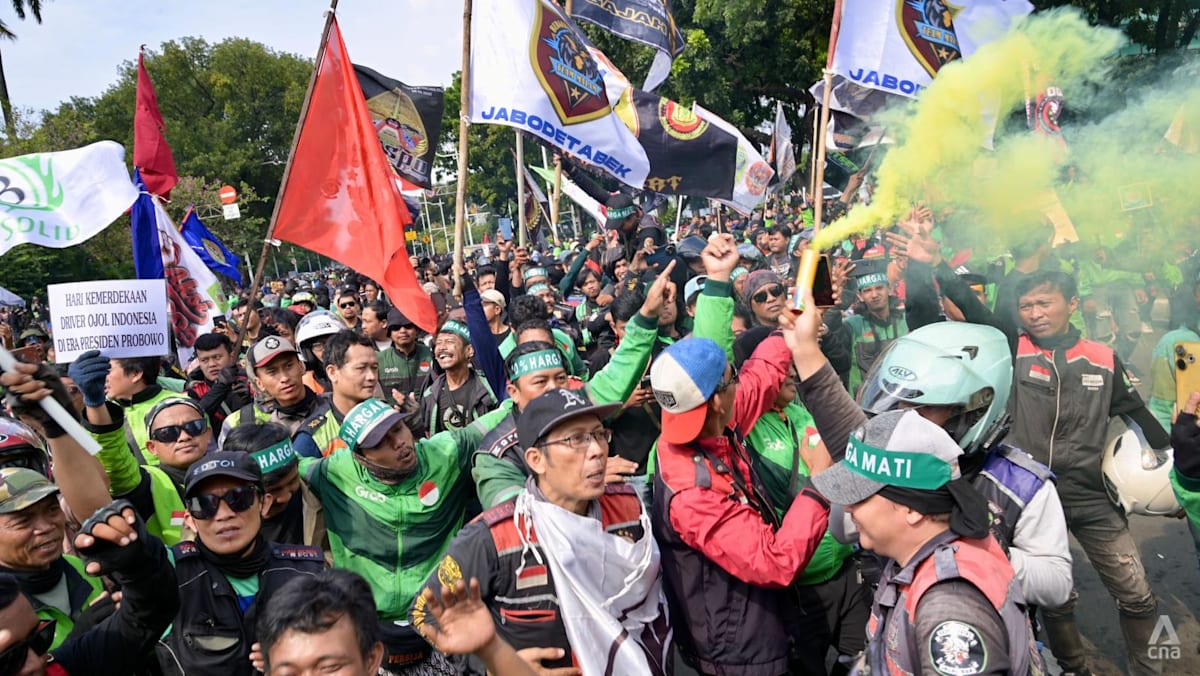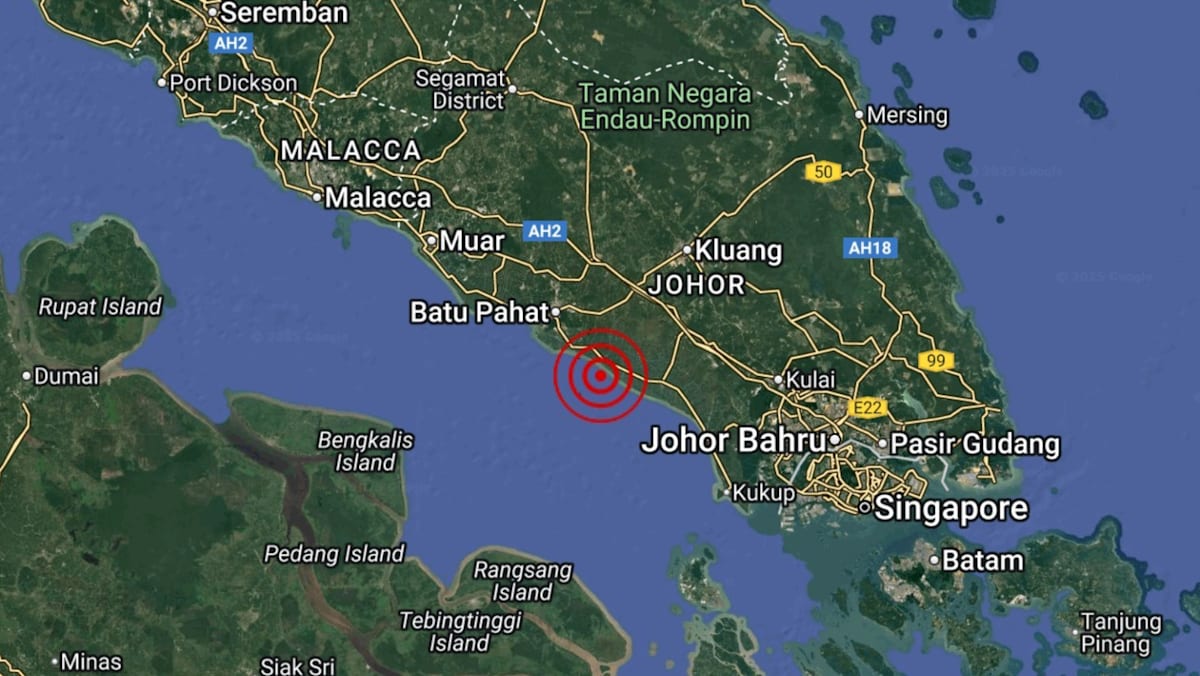With strict product entry guidelines, the European Union is the Philippines’ primary international market, industry leaders told CNA. Philippine coconuts are among the products exempted from tariffs under EU’s GSP+ scheme.
But beyond increasing yield, farmers said their most pressing need is price regulation.
The prices of coconut oil can vary widely, such as when supply dwindles during typhoons. Competition from alternatives such as palm oil can also suppress demand.
GLOBAL COMPETITIVENESS
At the World Coconut Congress that took place from last Wednesday (Sep 24) to Friday, maintaining global competitiveness was a major talking point.
Industry leaders stressed the need to build a sustainable supply and slow the conversion of land to palm oil plantations.
“This is the most pressing issue – we don’t have the coconuts to serve our consumer (export) markets,” said Marco Reyes, chairman of the United Coconut Association of the Philippines.
Unlike farmers’ cooperatives, large firms have more capital to invest in technology, ensuring their products are of export quality.
Part of the Philippine government’s plan is to create more shared processing facilities to help farmers produce value-added products on their own.
But industry executives say farmers still risk going bankrupt when global prices fall drastically, while companies are more able to absorb these temporary shocks.
Others said state policies must focus on increasing domestic demand to avoid being held hostage to world price volatility.
This includes increasing the share of coconut oil-derived biodiesel in the mandatory local fuel blend.
Until these market challenges are resolved, coconut farmers like Pena and Rea will continue to struggle – and economic opportunities will remain elusive.





